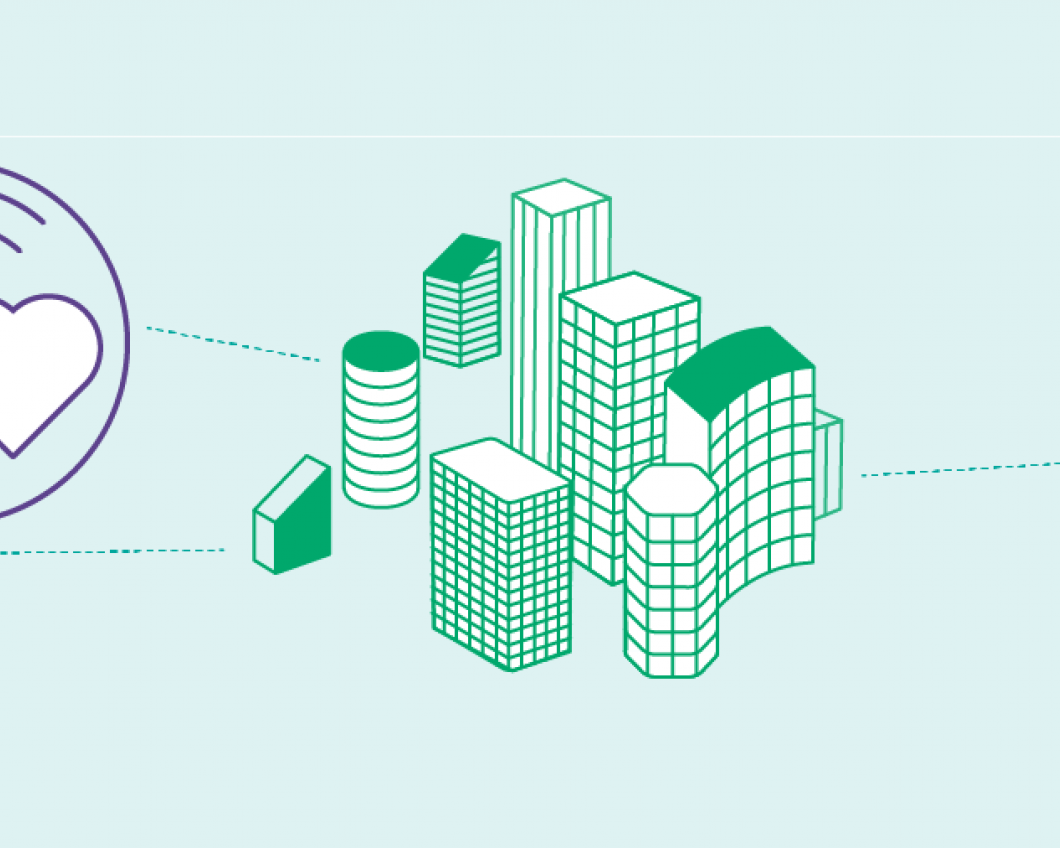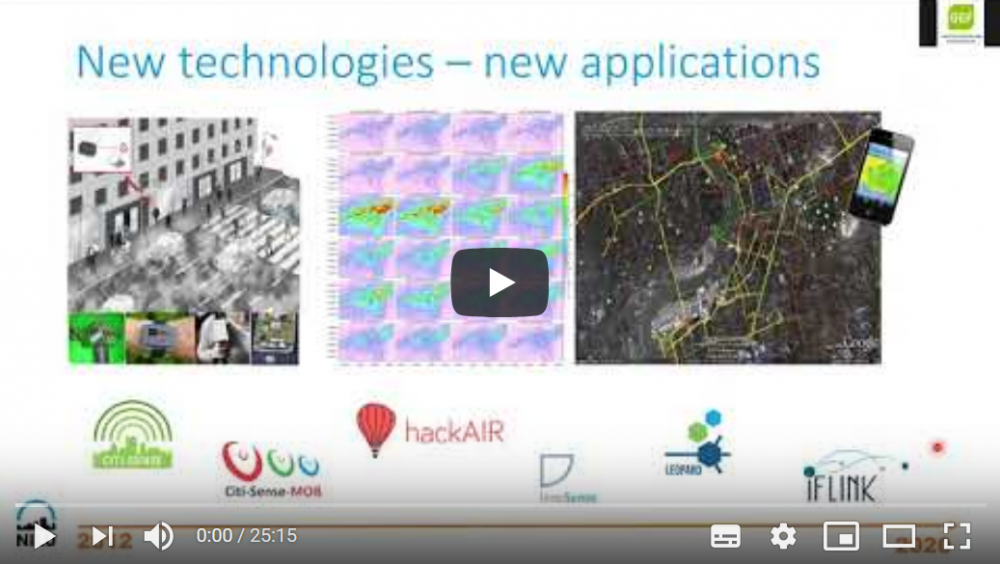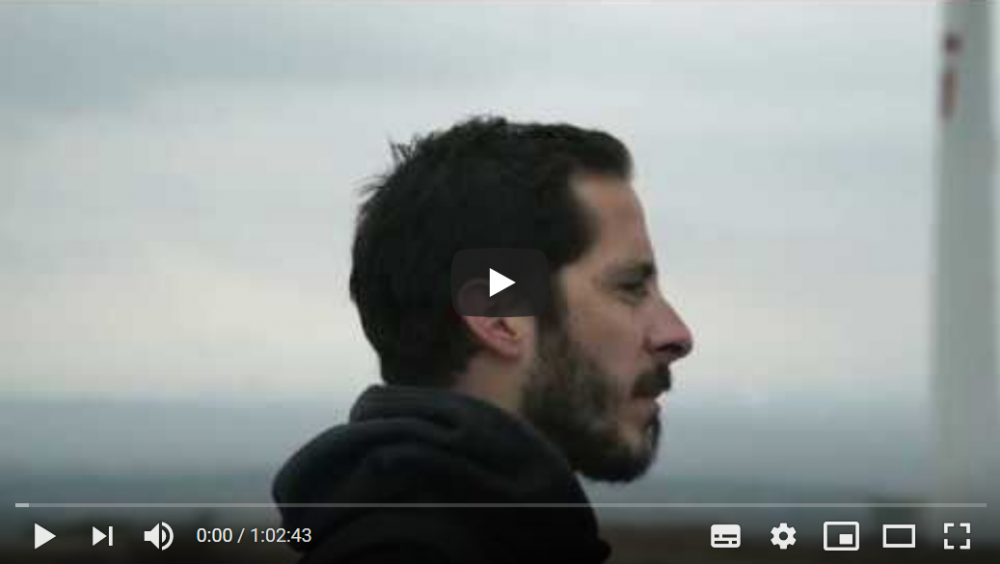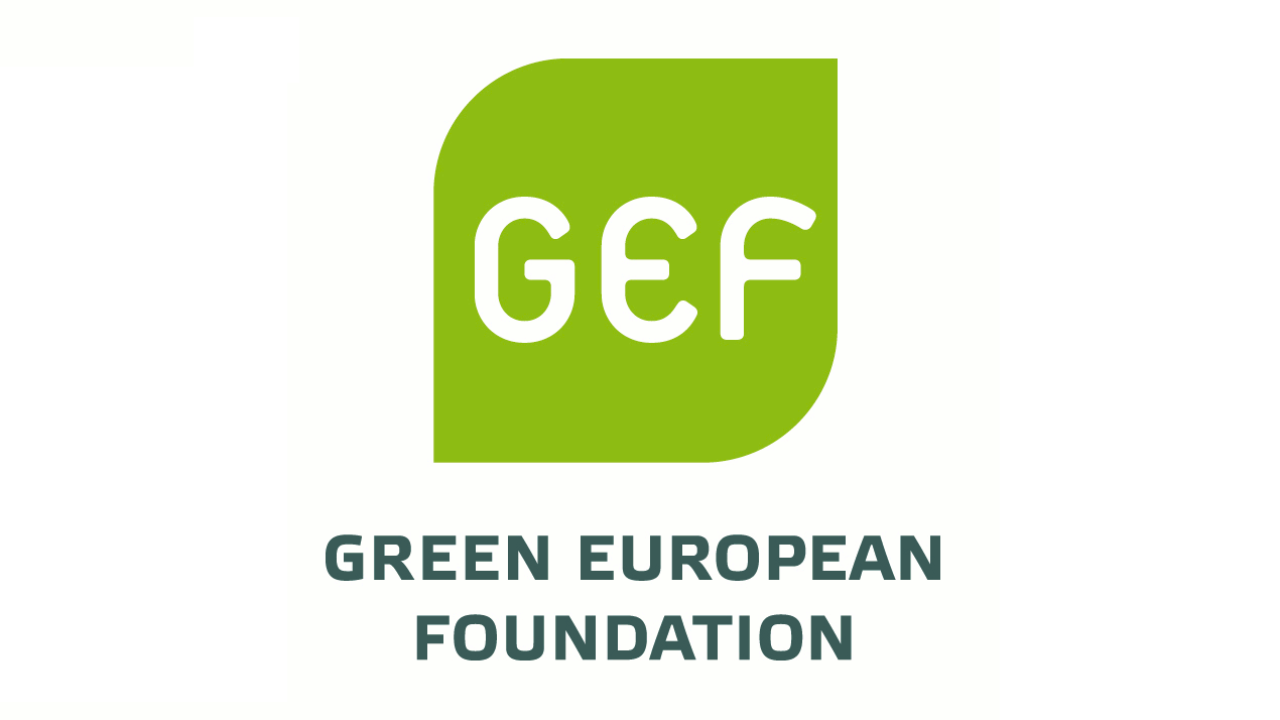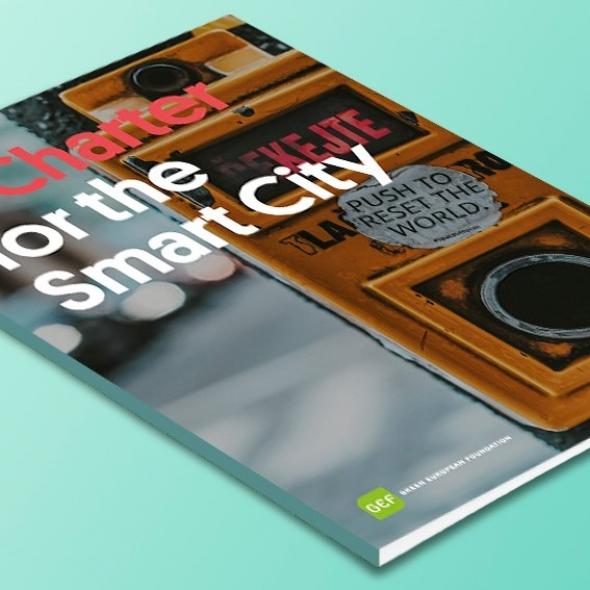A. Democratising the development of technology
A city must not only be smart for citizens, but also thanks to citizens. It starts with education. Children need to learn about the way technology influences our lives and our societies, and about its opportunities and risks. Digital skills are indispensable, but not all kids need to become whiz kids. For humans and technology to work well together, we must foster those talents in children that artificial intelligence does not excel in: imagination, self-initiative, empathy, and moral judgement. Reflection upon technology also deserves a place in local arts and culture policies, for both adults and youth. For example, artists can visualise all the data being collected in a city’s public space.[1]
Technological citizenship not only requires awareness of technology’s sway, but also empowerment. A smart city helps citizens to use technology to tackle the issues they care about. It supports living labs and maker spaces. It encourages citizens to take their own measurements around their living environments.[2] Citizen sensing connects people and can stir them into political action, for example if the air they breathe turns out to be unhealthy.
In the Belgian city of Antwerp, two thousand citizens participated in the citizen science project ‘Curious Noses’, an inquiry into air pollution which was supported by the municipality and by scientists. By fixing two sensors to their windows for a month, the participants measured the concentration of nitrogen dioxide in their streets. It turned out that the European Union’s and the World Health Organisation’s limit value for this pollutant was being exceeded at some 45 per cent of the measuring points, mainly due to car traffic. The inquiry moved the issue of bad air quality higher up the political agenda and helped the regional authorities to tweak their own measuring method. Two years later, in 2018, the citizen science project was repeated in the whole region of Flanders. Twenty thousand people took part.[3]
A smart city works together with citizens. Public spaces are better maintained if people are able to report full trash containers or broken street lamps via an app.[4] If the app also informs citizens about action taken – or not – following their report, they can more easily hold their government to account. Such an app can also be used to invite citizens to make suggestions for neighbourhood improvements.[5] These suggestions then deserve a substantive response from the local government, whether they are deemed feasible or not.
A smart city makes room for experiments, especially when the initiative comes from citizens: from neighbourhood composting to smart charging stations that use electric car batteries to balance supply and demand on the grid. These bottom-up innovations sometimes require an adaptation of municipal rules, which should not stand in the way of a promising experiment. When necessary, initiators should also receive official support so that they do not get lost in a maze of rules.
Brussels is a front-runner in neighbourhood composting. In nearly 200 places, groups of households are working together to compost their organic waste with the aid of microorganisms and worms. The financial support of the Brussels Capital Region to the citizens’ initiative WORMS has contributed to the proliferation of compost bins and worm hotels.[6]
Some designers of worm hotels want to make them smart by adding sensors and software that monitor the worms and provide information on how to improve the composting process.[7]
Experiments do not always succeed. In a smart city, a failed experiment is not a political sin.
